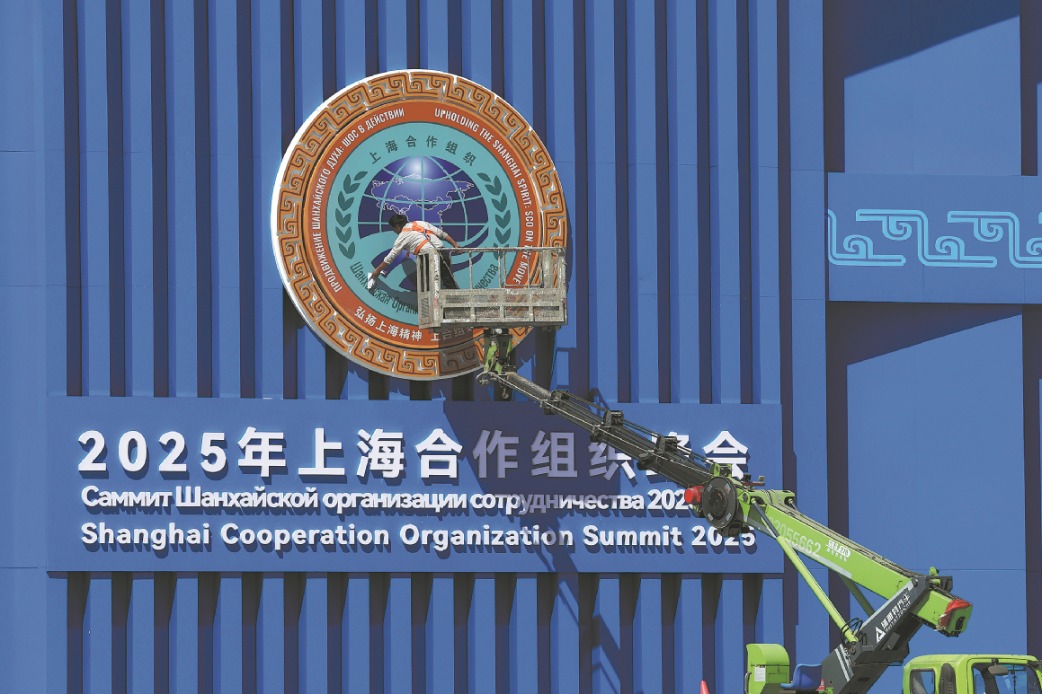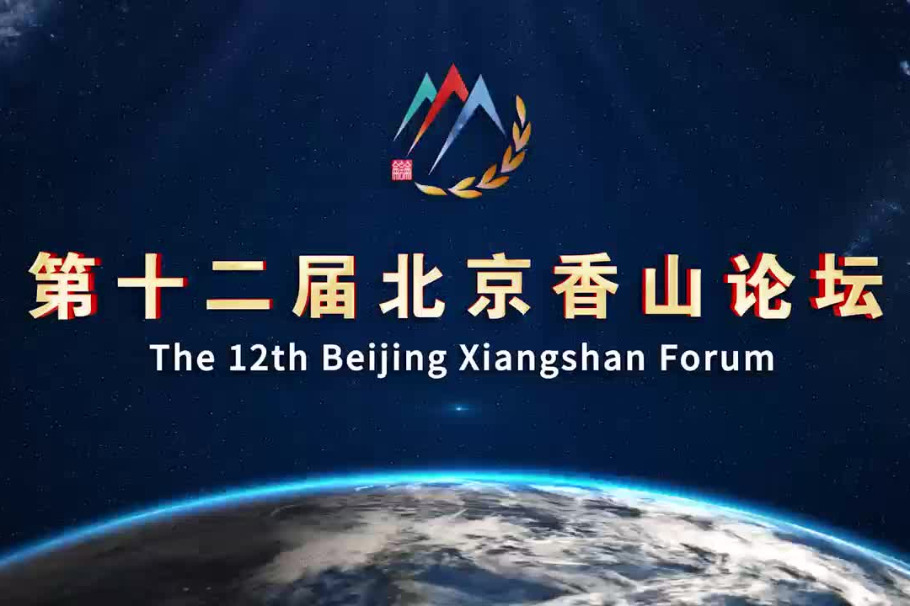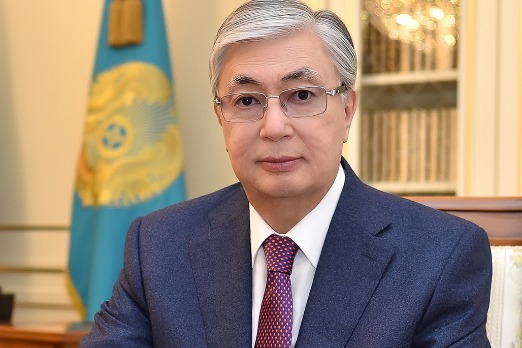Building a community of life for mankind and nature


The world is undergoing unprecedented changes and facing exceptional challenges. At a critical point of achieving the "Two Centenary Goals"-building a moderately prosperous society in all respects by 2021 and becoming a strong, modern, socialist country by 2049-China has been exploring its future development path and reviewing its relations with the world. Therefore, ecological advancement and the relationship between humans and nature are in the spotlight.
In his landmark July 1 speech to mark the 100th anniversary of the founding of the Communist Party of China, General Secretary of the CPC Central Committee Xi Jinping said: "We must ensure and enhance public well-being in the course of development, promote harmony between humanity and nature, and take well-coordinated steps toward making our people prosperous, our nation strong, and our country beautiful."
At the Leaders Summit on Climate in April, President Xi Jinping explained the concept of "a community of life for mankind and nature" in a comprehensive and systematic manner. He said that we must be committed to harmony between humankind and nature, green development, systemic governance, a people-centered approach, multilateralism, and the principle of common but differentiated responsibilities.
During the Industrial Revolution, humankind created immense material wealth. But it came at the cost of extensive damage to natural resources, which disrupted the ecological and natural balance.
In recent years, as a consequence of climate change, extreme weather events, worsening desertification, and frequent outbreaks of infectious diseases all pose severe challenges to humankind. Industrialization has created more material wealth than ever seen before, but it has also caused irreparable damage to the environment.
History tells us that we should respect nature, follow its laws, and always protect it. Only by observing the laws of nature can humankind avoid costly blunders while exploiting its resources. Any harm we cause to nature will eventually return to haunt us. This is a reality we have to face.
Therefore, we have to learn to respect and protect nature, promote ecological advancement, establish a harmonious relationship between humankind and nature, and jointly build a community of life for man and nature.
A responsible major country
Climate change is a global challenge which no country alone can overcome. So the international community should work together to build a global ecological civilization and pursue green, low-carbon, circular and sustainable development.
We should also recognize that developed and developing countries have differentiated historical responsibilities of fighting climate change, and different development needs and capabilities. Developed countries should do more and make more contributions to address climate change. As for China, it has never shied away from shouldering its global climate change responsibilities.
China's targets of peaking carbon emissions and achieving carbon neutrality announced by President Xi manifest the "highest possible ambition" in the Paris Agreement and the country's determination to address climate change.
China upholds the values of friendship, justice and shared interests, and takes an active part in international cooperation to combat climate change. And, over the years, the Chinese government has fulfilled its policy commitments of South-South cooperation, and regards support to the developing countries, especially the least-developed countries, landlocked developing countries and small island states, to fight climate change as one of its principal responsibilities.
Building a community with a shared future for mankind is the right response to the major concerns of globalization and answers the serious question of "where should humanity go from here". This concept reflects the Chinese approach to human development and the global project.
According to the concept of a community of life for mankind and nature, humankind and nature are holistically integrated, humans should live in harmony with nature, and systemic governance is the way to address ecological challenges. As China's approach to global environmental governance, it shows a cooperative way to tackle environmental challenges and build a clean and beautiful world, demonstrating the vision and commitment of China as a responsible major country.
In order to build a community of life for mankind and nature and a community with a shared future for mankind, the international community should work together to uphold the basic principles of global cooperation including multilateralism, extensive consultations, joint contributions and mutual benefit, promote a new type of international relations characterized by mutual respect, equity and justice, cooperation and mutual benefit, all of which will help narrow the differences among countries.
Building a community with a shared future for mankind is the overall target of a new type of international relations with Chinese characteristics for the new era and the right thing for human society to do. Besides, building a community of life for mankind and nature is the necessary requirement and an important step toward building a community with a shared future for mankind.
As an important strategic decision made by the CPC Central Committee with Xi Jinping at its core, China will strive to peak carbon emissions before 2030 and achieve carbon neutrality before 2060.
China has always been an important participant, contributor and pioneer in global ecological conservation. It has taken a series of measures to respond to climate change and foster a community of life for mankind and nature.
Green development and ecological conservation
China now pursues a green and low-carbon path to development and prioritizes ecological conservation. And ecological advancement and conservation have been written into China's Constitution and incorporated into China's overall plan for further developing socialism with Chinese characteristics.
Besides, China has done its best to help developing countries better fight climate change through various result-oriented South-South cooperation programs. China has also made ecological cooperation a key part of the Belt and Road Initiative, and launched a number of green action initiatives covering green infrastructure, green energy, green transport and green finance, so as to bring benefits to people of all countries involved in the Belt and Road Initiative.
Business strategy and individual career choices
Building a community of life for mankind and nature sets forth new requirements for businesses to upgrade themselves and embark on the path of green development-they must abandon the production and operation modes that indiscriminately exploit nature and pollute the environment, and instead do more to promote green, circular, low-carbon development, and facilitate industrial upgrading. Individuals, too, need to catch up with the trend.
The right orientation could be a boon to one's career choice and development. The youth are the engine of social development and progress. At the crossroad of choices, they should have a good knowledge of global changes and challenges, fulfill their responsibilities, and always bear in mind what is important for their country.
When making choices, the youth should take both individual concerns and national interests into consideration. With the motherland in mind, the youth should carefully consider the needs and the future of their country and work to help build a community of life for mankind and nature.
The views don't necessarily reflect those of China Daily.




































